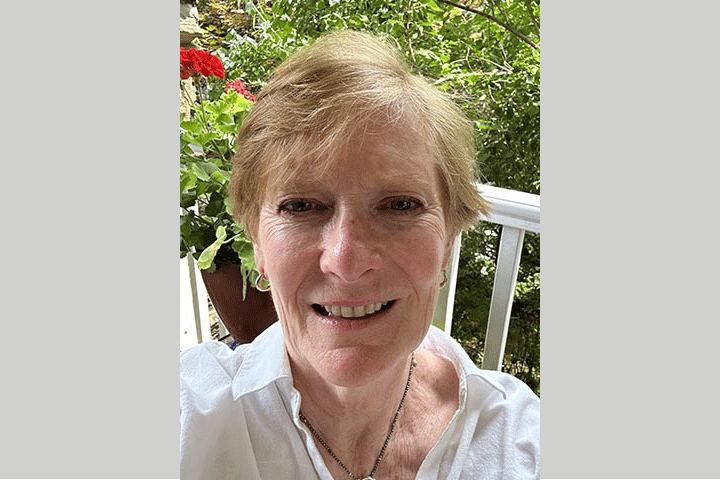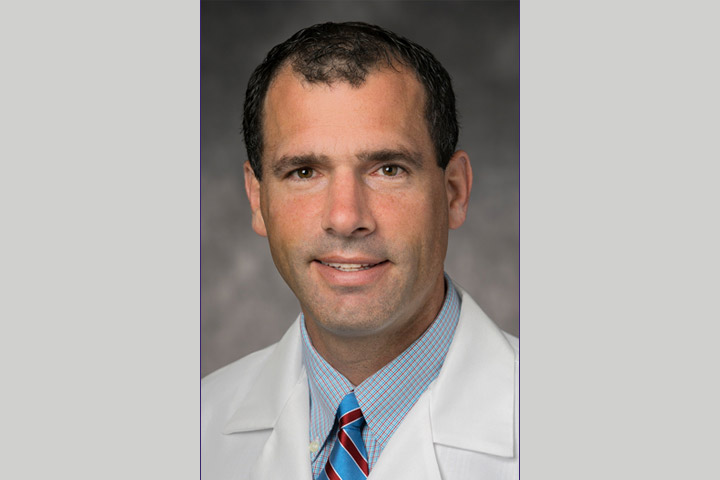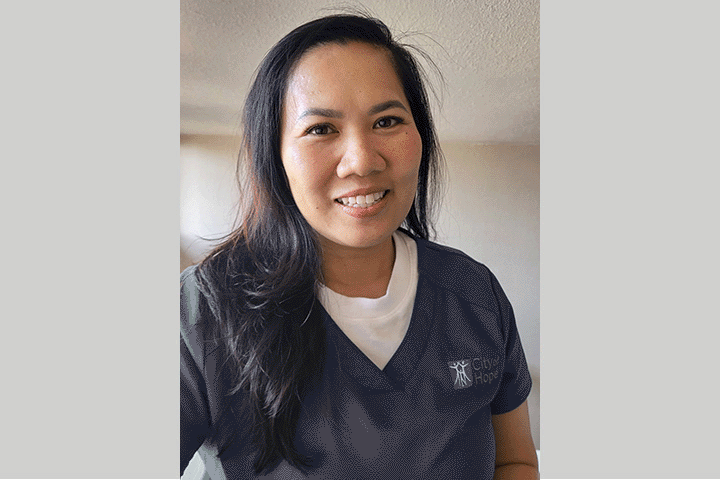Diagnosed with Pancreatic Cancer? Partner with a Registered Dietitian

If you have pancreatic cancer, food is a central part of your healing journey.
Getting key nutrients and taking necessary supplements have a dramatic impact on your ability to tolerate treatment and improve your quality of life.
According to Audrey Caspar-Clark, M.A., R.D.N., L.D.N., a registered dietitian and Clinical Dietitian Specialist at the Abramson Cancer Center, Penn Medicine in Philadelphia, Pennsylvania, diet is a cornerstone of treatment for pancreatic cancer patients who have had surgery or are planning on surgery. “Working with a registered dietitian help you feel better, maintain your strength, and recover more quickly,” she explains.
What Is a Registered Dietitian?
A registered dietitian (R.D.) is a highly-trained nutrition professional who is able to assess, diagnose, and address diet-related issues. As part of comprehensive cancer care, R.D.s play a key role in the multidisciplinary treatment pancreatic cancer patients receive. These individuals are well-versed in a range of topics that are unique to pancreatic cancer care, including pancreatic enzyme replacement therapy (PERT), appetite challenges, and malnutrition.
Unfortunately, not all hospitals have registered dietitians, let alone oncology dietitians, on staff. “If your care team does not include a registered dietitian, ask your doctor, nurse practitioner, or social worker for a referral,” says Caspar-Clark.
Keep in mind that nutritionists, who may not hold the same credentials or clinical training, are not qualified to provide medical nutrition therapy for cancer patients. Even R.D.s without specialized oncology nutrition certification (C.S.O.) may lack the expertise needed to support pancreatic cancer patients effectively.
Why Is a Registered Dietitian Critical for Pancreatic Cancer Patients?
Pancreatic cancer often impacts digestion, nutrient absorption, and appetite. In fact, studies suggest that up to 80 percent of cancer patients are malnourished, meaning they aren’t receiving or absorbing sufficient nutrients required for optimal functioning.
Malnutrition during cancer treatment can impair treatment response and lead to slower recovery and reduced muscle function. Unfortunately, standard dietary advice, like focusing on fiber, for example, may not apply to pancreatic cancer patients, particularly after procedures like Whipple surgery, explains Caspar-Clark.
Partnering with a registered dietitian can improve outcomes and enhance quality of life. These professionals can help address key nutritional concerns, including:
- Managing side effects. During treatment, you may experience nausea, vomiting, diarrhea, taste changes, loss of appetite, and mouth sores. A dietitian can recommend practical strategies to minimize discomfort while ensuring you get needed nutrients.
- Ensuring adequate nutrition. Nutrient deficiencies are common among cancer patients. A registered dietitian can review your diet and develop a plan to bridge the gap when you’re nutritionally deficient. Check with your oncologist before starting any vitamin, mineral, or herbal supplements. Your oncologist may want to do some blood work to determine if you need to take any dietary supplements.
- Prescribing pancreatic enzymes. Dosing pancreatic enzymes is complex. “We don’t dose pancreatic enzymes like medications, which are typically low and slow,” Caspar-Clark says. “Instead, we ask targeted questions to assess how well nutrients are being absorbed and adjust enzyme therapy accordingly.”
- Improving your diet. A dietitian can help you identify nutrient-dense foods that will support your body during treatment and recovery. They’ll also help you avoid empty calories from processed foods and suggest easy-to-digest alternatives when your appetite is low.
How to Find a Skilled Dietitian
With pancreatic cancer, it’s not enough to partner with a registered dietitian who is well versed in managing appetite changes and nutrient deficiencies. You need to identify a professional who also understands the unique issues pancreatic cancer patients face.
A few options for getting the care you need and deserve:
- Ask your doctor for a referral. Ideally, you want to work with a registered dietitian who has a relationship with your oncologist or nurse practitioner, so they can communicate well about your care.
- Use online databases. Websites like the Academy of Nutrition and Dietetics allow you to search for dietitians specializing in oncology.
- Contact your insurance provider. While Medicare does not cover nutritional counseling for cancer patients who do not have prediabetes or diabetes, private insurance companies typically cover the cost of nutritional support. They can help you identify in-network providers with expertise in oncology nutrition.
- Confirm credentials. When you’re searching for nutrition support, be sure to look for professionals who have R.D., C.S.O. credentials (registered dietitian and certified specialist in oncology nutrition)
Still coming up empty? Connect with a social worker or patient advocate. “Don’t be afraid to speak up and say, I’m in pain. I feel terrible. I need help,” Caspar-Clark emphasizes. “If you have pancreatic cancer, access to a dietitian is not only a benefit, it’s a right.”
Finding Support Online
The following free resources offer nutrition information and support online:
Let’s Win also covers nutrition topics tailored to pancreatic cancer patients. You can read more about diet and nutrition here.






